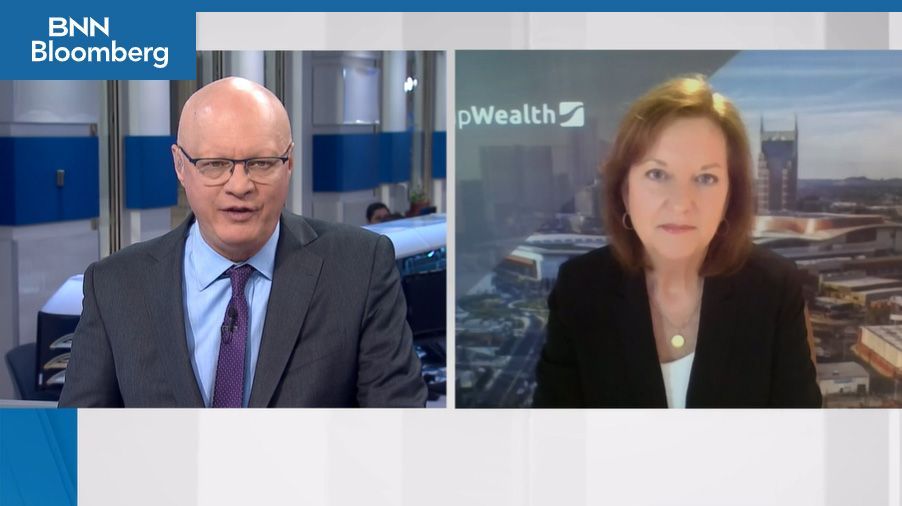‘Perfect’ Wedding Can Cripple Your Financial Future
March 20, 2015
Couples spent an average of $31,213 last year for their big day (including the engagement ring), according to wedding website The Knot’s latest annual comprehensive wedding study.
Before I go on, let’s be clear: I love weddings. I love marriage. I love my husband and my son, the most obvious and precious result of my own marriage. But I hate this number. I loathe it because there are far too many families who can’t afford it but are finding a way — be it begging, stealing (from their own savings) or borrowing — to fork it over anyway in what amounts to nationwide lunacy.
Too much debt, too little retirement
According to a January article by The Motley Fool’s Todd Campbell, who analyzed data from the Federal Reserve and the U.S. Census, the average amount of credit card debt is $7,630 per American household. The average household debt is $70,323 for a mortgage, $11,245 for student loans and $8,163 for vehicles. I emphasize “average,” because this is across all American households, whether they actually have debt or not. But on average, that’s $97,362 in debt for every American household.
The personal-finance picture gets darker when you consider American retirement savings. According to a Wells Fargo study published last fall, 34 percent of middle-class respondents aren’t saving a red cent for retirement, 72 percent wish they had started saving earlier in life and almost half say they aren’t confident their savings will allow them to live the lifestyle they want in retirement. The median retirement savings is $20,000 — less than the average price tag of a wedding. A recent study from BlackRock, the world’s largest money manager, is bleaker: Surveying Americans from all levels of wealth, it states that a full 40 percent aren’t saving for retirement.
Is a $30,000 party prudent?
What’s my point? Far too many Americans aren’t in good fiscal shape and/or are headed for debt in their lives. Given that, does it really make sense to blow upward of $30,000 on a single day of partying? Whether it’s the betrothed couple or their parents who are footing the bill, why not begin marriage practicing financial restraint and priority-setting? And if money isn’t a concern, why not invest it or make a house down payment instead? Converted into 1988 dollars (the year I got married) and using a historical returns calculator, an investment of today’s average wedding cost into the S&P 500 with dividends reinvested would have yielded my portfolio roughly $190,000 as of the end of last month!
I have irreplaceable memories from my own simple, inexpensive wedding celebration in my parents’ backyard in the Kentucky countryside, and I really don’t think that the most extravagant gala could have enhanced those memories by a dime’s worth of value — and certainly not by nearly $200,000.
Psychological pressure
I get it. Your wedding day is special. It’s symbolic. It’s a day that you may have dreamed about your entire lives. But we’re all victims of a culture of rampant consumerism and a 55-billion-dollar wedding industry bent upon commodifying romance. Up against the pressure of advertisers, of society, of friends and family, even our own ad-influenced psyches, we feel we must have a wedding demonstrative of our love and commitment. Don’t believe it? Consider this: just a few years before the De Beers diamond company launched the “A Diamond Is Forever” campaign in 1947, only 10 percent of engagement rings in the Western world contained a diamond.
I’ll conclude with the worst news of all regarding costly weddings: They may actually be detrimental to your marriage.
Costly weddings increase odds of divorce
According to a study by Emory University economists Andrew Francis and Hugo Mialon published last fall, “marriage duration is inversely associated with spending on the engagement ring and the wedding ceremony.” Let me say that more plainly: The more you spend, the greater the likelihood of divorce. A few of their findings:
- In the sample of men surveyed, spending $2,000 to $4,000 on an engagement ring was associated with a 1.3 times greater hazard of divorce as compared with spending between $500 and $2,000. Spending $1,000 or less on the wedding was significantly associated with a decrease in the hazard of divorce in the sample of all persons surveyed.
- Using those who spent $5,000 to $10,000 on their wedding as a reference point because their divorce rates were consistent with the national average: Those who spent $10,000 to $20,000 were 29 percent more likely to divorce, those who spent more than $20,000 were 46 percent more likely, those who spent $1,000 to $5,000 were 18 percent less likely to divorce and those who spent less than $1,000 were 53 percent less likely.
- Spending less than $1,000 on the wedding was associated with an 82 percent to 93 percent decrease in the odds of being stressed about wedding-related debt.
The study uncovers an associative, not a causative, link and we can only surmise that debt and financial stress played a part in the higher rates of divorce. As you know, money problems are often cited as the No. 1 cause of divorce in the U.S.
Nothing is forever. But financial discipline — along with patience, respect and putting the marriage above the individual — will go much further than any diamond or $2,000 wedding dress. For help realizing your lifestyle and retirement dreams, talk to a financial adviser.
Phoebe Venable, chartered financial analyst, is president and COO of CapWealth Advisors LLC. Her column on women, families and building wealth appears each Saturday in The Tennessean.













